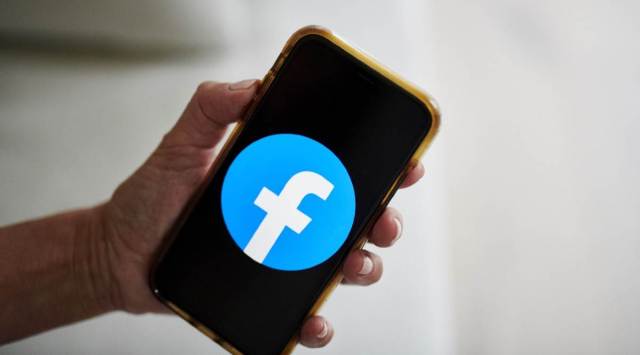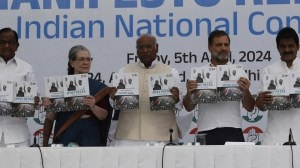- India
- International
Facebook gets 2 weeks to reply to House panel, Amazon to skip hearing
Amazon, Twitter, PayTM and Google have been directed to appear before the committee at its next sitting.
 Facebook now testing dark mode for iOS users: Report
Facebook now testing dark mode for iOS users: ReportFacebook India’s Public Policy Director Ankhi Das was among its representatives who appeared Friday before Parliament’s Joint Committee on the Personal Data Protection Bill.
It is learnt that the panel, headed by Lok Sabha MP Meenakshi Lekhi, has given Facebook India two weeks to furnish written replies to the questions posed by its members.
Meanwhile, e-commerce giant Amazon has declined to appear before the committee on October 28, and the panel has taken strong exception to this.
Amazon, Twitter, PayTM and Google have been directed to appear before the committee at its next sitting.
Data localisation debate
Officials have long argued that data localisation will help law-enforcement access data for investigations and enforcement. Currently, much of cross-border data transfer is governed by mutual legal assistance treaties, a process that almost all stakeholders agree is cumbersome. Civil society groups have criticised the open-ended exceptions given to the government in the Bill, saying it will allow surveillance.
News agency PTI quoted Lekhi saying “Amazon has refused to appear before the panel on October 28 and if no one on behalf of the e-commerce company appears before the panel, it amounts to breach of privilege.”

The panel, she said, is unanimous in its opinion that coercive action can be suggested to the government against the e-commerce company.
It is learnt that panel members questioned Facebook India representatives on its advertisement model, how it targets audiences, their earnings out of India, the tax paid by them, the data storage model and transfer of data.
In December 2019, Parliament approved sending the Personal Data Protection Bill to the committee headed by Lekhi.
Commonly referred to as the “privacy Bill”, it is intended to protect individual rights by regulating the collection, movement, and processing of data that is personal, or which can identify the individual.
The Bill gives the government powers to authorise the transfer of certain types of personal data overseas, and has given exceptions allowing government agencies to collect personal data of citizens.
It also makes way for government-led technological solutions. One example is the power given to the central government to direct any entity to provide “non-personal” or anonymised data “to enable better targeting of delivery of services or formulation of evidence-based policies”.
It also requires companies and social media intermediaries which are “significant data fiduciaries” – based on factors such as volume and sensitivity of data handled as well as their turnover – to enable users in India to “voluntarily verify their accounts” resulting in a “demonstrable and visible mark of verification, which shall be visible to all users of the service”.
Apr 25: Latest News
- 01
- 02
- 03
- 04
- 05








































